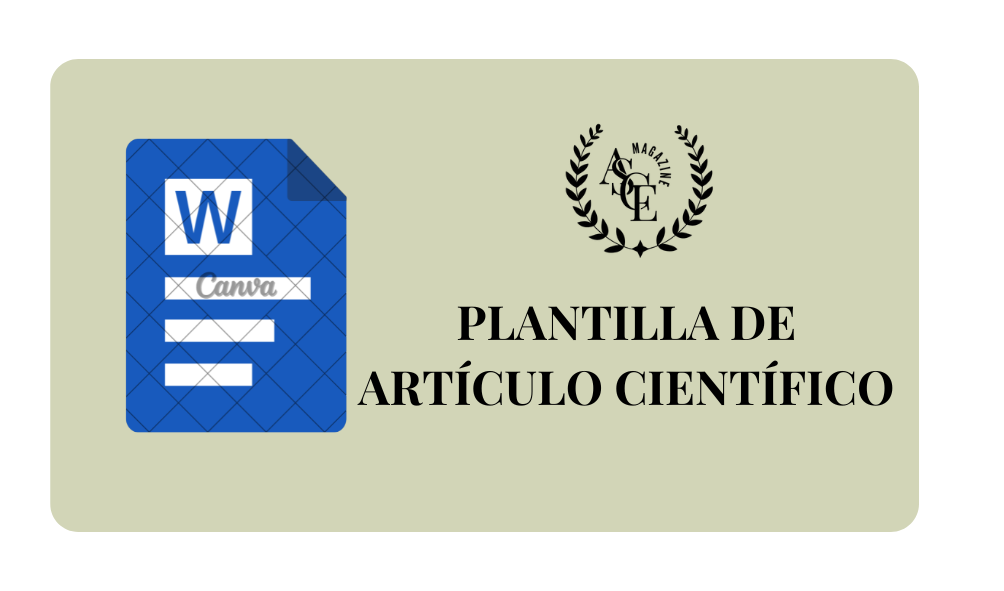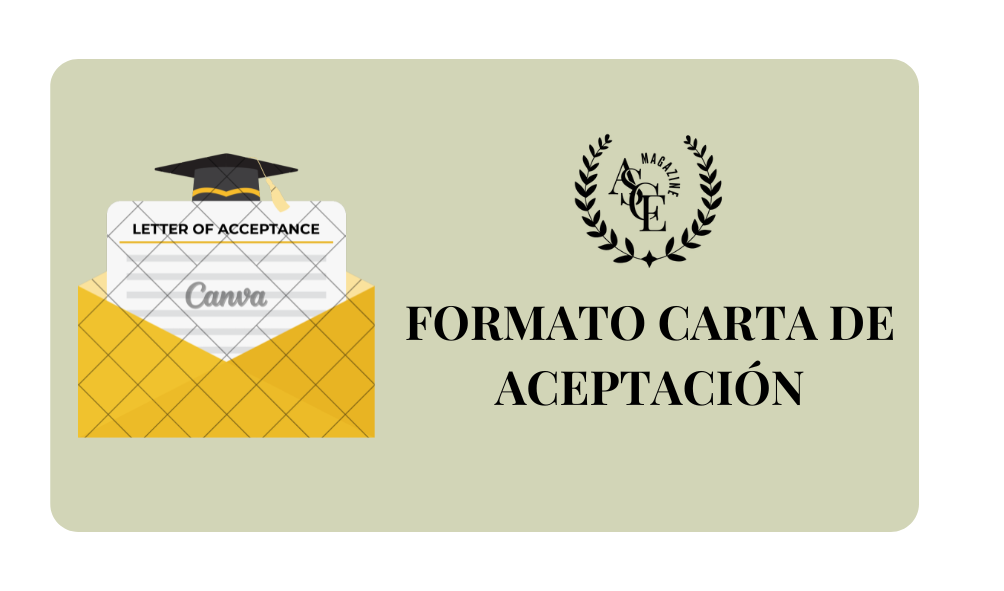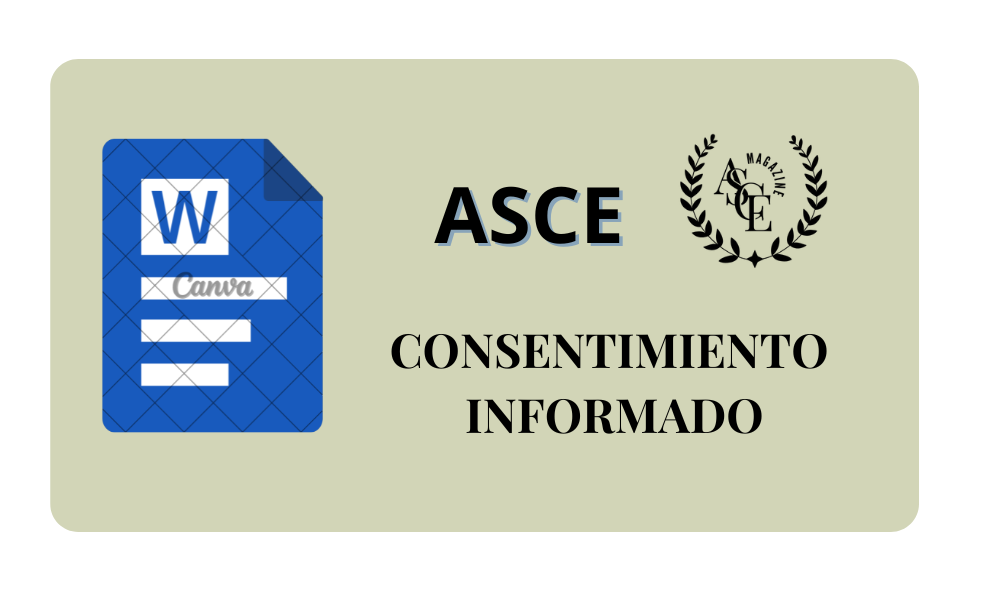Characterization of the higher education teacher profile according to ecuadorian regulations and scientific-academic production: requirements and competencies
DOI:
https://doi.org/10.70577/ASCE/1440.1464/2025Keywords:
Management; University Teaching Profile; Human Talent, Competencies; Regulations; Selection.Abstract
Human talent management plays a fundamental role in the functioning of higher education institutions, since they are responsible for staff selection processes to guarantee educational quality; In this particular case, teachers who enter universities must have some normative criteria and competencies specific to the educational work. Based on the above, the study aims to characterize the profile of the university teacher in higher education according to normative and theoretical criteria, establishing the requirements and competencies of the teacher, for this purpose, a documentary review process was carried out on the updated and current Ecuadorian regulations, available on the Fiel Web platform. The PRISMA method was also applied to select the academic scientific documents to be studied. After applying the above, the main results emerged that there are four (4) regulations that establish the requirements for selection, among them: Constitution of the Republic of Ecuador, LOES, RCEPASES and the RRA; after the analysis it was obtained that a university professor must have a fourth level degree, experience in teaching and research, scientific production, technological skills and formative vocation. Regarding the thirteen documents analyzed, it was found that the main generic competencies include critical thinking, ethics, leadership, communication, and social commitment, and the specific competencies include epistemological mastery, educational planning, use of ICTs, research project design, scientific and academic production, and community participation; and finally, the ability to perform academic management.
Downloads
References
Aguilar, F. d. (2017). El currículo basado en competencias profesionales integradas en la universidad ecuatoriana. Revista de Estudios y Experiencias en Educación , 16(31), 129 - 154. DOI: https://doi.org/10.21703/rexe.2017311291528
Asamblea Nacional del Ecuador. (2008). Constitución de la República del Ecuador, Registro Oficial 449. Asamble Nacional. https://doi.org/https://www.fielweb.com/Index.aspx?rn=53933&nid=1#norma/1
Asamblea Nacional del Ecuador. (2010). Ley Orgánica de Educación Superior (LOES). Registro Oficial N.º 298. Asamblea Nacional del Ecuador. https://doi.org/https://www.fielweb.com/Index.aspx?rn=53933&nid=90779#norma/90779
Balladares, J. (2018). La investigación educativa en el profesorado universitario: hacia una investigación basada en el diseño instruccional. Revista Andina de Educación, 1(1), 30 - 34. https://doi.org/https://doi.org/10.32719/26312816.2018.1.1.4 DOI: https://doi.org/10.32719/26312816.2018.1.1.4
Bell, R., Lema, B., y Vacacela, L. (2018). La Configuración del Perfil de Competencias Profesionales del Docente de Educación Superior: Aproximaciones y Propuestas. Revista De investigación, formación Y Desarrollo: Generando Productividad Institucional, 6(1), 23 - 28. https://doi.org/https://doi.org/10.34070/rif.v6i1.94 DOI: https://doi.org/10.34070/rif.v6i1.94
Borja, L., Feijoo, E., Gutiérrez, N., Jaramillo, R., y Orellana, M. (2014). La educación superior y el proceso de transformación social en el Ecuador. Quipukamayoc, 22(42), 187 - 200. https://doi.org/https://doi.org/10.15381/quipu.v22i42.11061 DOI: https://doi.org/10.15381/quipu.v22i42.11061
Cáceres, S., Parrales, A., Villacreses, K., y Tonguino, M. (2024). Competencias y perfil profesional del docente Universitario Bimodal de la Carrera de Enfermería UNESUM. Revista Científica Higía de la Salud, 10(1). https://doi.org/10.37117/higia.v10i1.969 DOI: https://doi.org/10.37117/higia.v10i1.969
Condor, V., Espinoza, K., y Monteverde, P. (2024). El escalafón docente, características y desafíos en la educación superior ecuatoriana. INSTA MAGAZINE, 7(1), 29 - 34. https://doi.org/https://doi.org/10.63074/26973308.v7i1.59 DOI: https://doi.org/10.63074/26973308.v7i1.59
Consejo de Educación Superior [CES]. (2021). Reglamento de carreras y escalafón del personal académico del Sistema de Educación Superior, Registro Oficial 4to. S. 506. Asamblea Nacional del Ecuador. https://doi.org/https://www.fielweb.com/Index.aspx?rn=53933&nid=1163703#norma/1163703
Consejo de Educación Superior [CES]. (2023). Reforma del Reglamento de Régimen Académico. Registro Oficial 2do. S. 287, 11 abr 2023. Consejo de Educación Superior [CES]. https://doi.org/https://www.fielweb.com/Index.aspx?rn=53933&nid=1174071#norma/1174071
Diaz, J., y Guerra, N. (2024). Reconceptualizando la profesión docente en la Educación superior. El Guiniguada, 33, 16 - 27. https://doi.org/https://ojsspdc.ulpgc.es/ojs/index.php/ElGuiniguada/article/view/1717 DOI: https://doi.org/10.20420/ElGuiniguada.2024.711
Gutiérrez-Hinestroza, M., Silva-Sánchez, M., Iturralde-Kure, S., y Mederos-Machado, M. C. (2019). Competencias profesionales del docente universitario desde una perspectiva integral. Killkana Social, 3(1), 1 - 14. https://doi.org/https://doi.org/10.26871/killkanasocial.v3i1.443 DOI: https://doi.org/10.26871/killkana_social.v3i1.443
Hernández, R., y Mendoza, C. (2018). Metodología de la investigación. Las rutas cuantitativa, cualitativa y mixta. Editorial Mc Graw Hill Education. https://doi.org/https://doi.org/10.22201/fesc.20072236e.2019.10.18.6 DOI: https://doi.org/10.22201/fesc.20072236e.2019.10.18.6
López, R. F. (2022). El enfoque del currículo por competencias. Un análisis de la LOMLOE. Revista española de pedagogía, 80(281), 55 - 68. https://doi.org/https://doi.org/10.22550/REP80-1-2022-05 https://revistadepedagogia.org/ DOI: https://doi.org/10.22550/REP80-1-2022-05
Manzano, A. (2024). Formación de competencias en la educación superior y el perfil profesional en el área de talento humano. Revista Colombiana De Ciencias Administrativas, 6(1). https://doi.org/https://doi.org/10.52948/rcca.v6i1.1008 DOI: https://doi.org/10.52948/rcca.v6i1.1008
Mera, C. (2024). Competencias profesionales del docente investigador en la innovación del Instituto Superior Tecnológico “Paulo Emilio Macias” . Facultad Latinoamericana de Ciencias Sociales, FLACSO Ecuador.
Moreno, O., Ochoa-Andrade, M., y Saldarriaga, F. S. (2024). Perfil de competencias del docente universitario en el campo de las ciencias de la salud. Revista Médica Científica CAMbios, 23(1), 1 - 7. https://doi.org/https://doi.org/10.36015/cambios.v23.n1.2024.946 DOI: https://doi.org/10.36015/cambios.v23.n1.2024.946
Naciones Unidas. (21 de Octubre de 2015). UNCTAD. Transformar nuestro mundo: la Agenda 2030 para el Desarrollo Sostenible: https://unctad.org/system/files/official-document/ares70d1_es.pdf
Quijije-Anchundia, P. (2021). El docente universitario frente al perfil didáctico profesional. Revista Científica Arbitrada De Investigación En Comunicación, Marketing Y Empresa REICOMUNICAR, 4(7), 2 - 14. https://doi.org/https://reicomunicar.org/index.php/reicomunicar/article/view/24 DOI: https://doi.org/10.46296/rc.v4i7.0021
Rivadeneira, M., Hernández, B., Montes, C., y López, M. (2020). Una aproximación a la noción de educación abierta para el desarrollo de competencias investigativas en la Educación Superior ecuatoriana. Revista Cognosis, 5(3), 37 – 44. https://doi.org/ https://doi.org/10.33936/cognosis.v5i3.2351 DOI: https://doi.org/10.33936/cognosis.v5i3.2351
Tobón, S. (2006). Formación integral y competencias Pensamiento complejo, currículo, didáctica y evaluación. Ecoe. Ediciones.
Tobón, S. (2007). El enfoque complejo de las competencias y el diseño curricular por ciclos propedéuticos. Acción Pedagógica , 16(1), 14 - 28.
Villamar, G., Carranco, S., Jurado, M., y Guillén, P. (2024). La educación superior. Un análisis de la calidad y la relevancia en la formación de los docentes. Una revisión sistemática. RECIMUNDO, 9(1), 692 – 712. https://doi.org/https://doi.org/10.26820/recimundo/9.(1).enero.2025.692-712 DOI: https://doi.org/10.26820/recimundo/9.(1).enero.2025.692-712
Downloads
Published
How to Cite
Issue
Section
License
Copyright (c) 2025 Verónica Alexandra Quito Álvarez , Alirio Antonio Mejía Marín

This work is licensed under a Creative Commons Attribution-NonCommercial-NoDerivatives 4.0 International License.






























